Self-Portrait
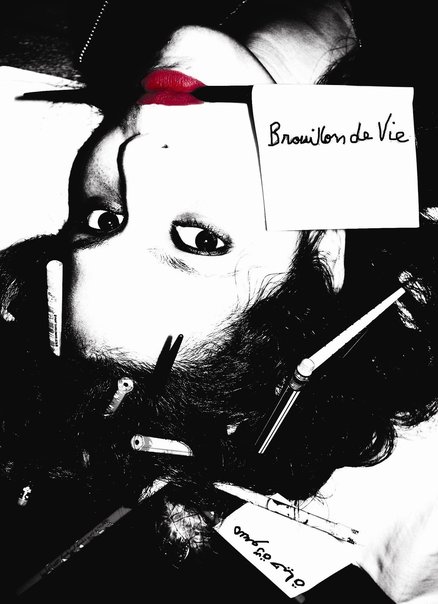
I want to relieve myself from myself and walk. Walk streets that I do not know and let people talk about as if they talked about a ghost. I think that the only way I could feel lighter is moving out away from Tunis. Far from my roots. How they pull us down those roots! I envy the clouds for their state of suspension. I’d like to be a cloud. I never knew how to put into practice a quote such as: “if you don’t ‘ don’t like where you are, then change it. You are not a tree.” I have tried to switch places but I always failed. Berlin is the city where I love to live. But I’m not ready to trade a large cage for a smaller one. I want to break all the cages. The first one to begin with, life. Theatre is my homeland and my homeland is a theatre. Now, I prefer poetry as a homeland. I love to share a poem as we share a piece of bread when hungry. Solidarity is at the heart of any country and of all poetry. I love to walk. But I seldom walk. Sheep walk in herds. I am a lioness by birth, I walk alone. Every human being has a horizon in the eyes that keeps calling them. In each country, I write a page. This page is my new address. I don’t live in any language. No language lives inside me. All the languages are able to say what I have to say. Life is the sum of the choices that every person makes. Every life choice is questionable. The nation’s one is attributable. One memory is not enough. We need to clone new memories to change the course of history… In order for the homeland to gain more than one memory and not be reduced to only one. The world is without a friend. Man without an equal. The country without a master. Art without guardianship. Time without exception. All roads lead to Rome but only one path leads to the human. Ask yourself what you have to do rather than what you want to do. Tonight, like every night, my heart is in the East, my mind is to the West. Always on the move in the world while I just want to be rooted like a tree and feel the world moving around me. I prefer wandering to stagnation. Wandering being the dance of the Earth. In Greek, planet means the wandering star. I am a planet dancing beyond borders, traffic restrictions. I can be denied a visa, but no one can prevent the wanderings of my soul and spirit.
Meriam Bousselmi, Egodysee, unfinished work
Translated from French by Salma Riahi
Short Biography
Born in 1983 in Tunis, crossroads of civilizations, mosaic of cultures and languages, Meriam Bousselmi is a multidisciplinary polyglot who defines herself above all as a “bridge builder”. Justice and Art are the two pillars of her work. Bilingual Arabic-French writer, director, researcher and lecturer, Meriam Bousselmi obtained her Master’s Degree in Fundamental Legal Sciences at the Faculty of Legal, Political and Social Sciences of Tunis in 2010 and enrolled in the Tunisian Order of Lawyers. In 2014, she gained the Prize of the Best Internship Pleading at Tunis Bar in the field of Copyright. A year later, she participated in the Commission for the Elaboration and Drafting of the Carthage Declaration for the Protection of Artists in Vulnerable Situations. As part of her Doctoral Thesis at the University of Hildesheim, she is conducting research on the Staging of Justice and the Relationship between Justice and Theater.
In her artistic work, Meriam Bousselmi combines multiple forms of narration: literary texts, plays, performative installations and filmed stories. By transcending genres and boundaries, she constantly seeks to develop a counter-narrative to the world’s dominant narratives. She conceives Art and Justice as platforms for Dialogue and Resistance to all forms of political and cultural reduction and manipulation. She defends an approach worthy of revealing the complexity and intensity of individual and collective experiences.
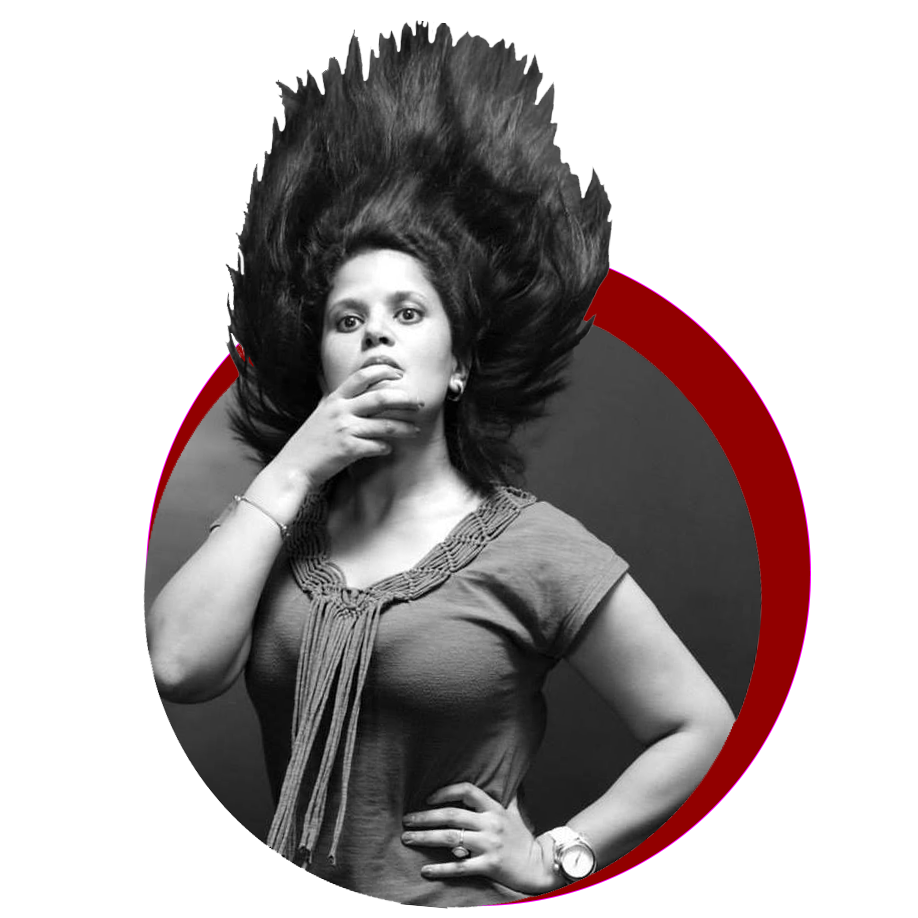
Trained in playwriting and directing from 2002 to 2007 at the Arab-African Center for Training and Theater Research in Tunis, founded and directed by the late Ezzedine Gannoun, Meriam Bousselmi had acquired a considerable experience in the conception and management of multilingual and multinational artistic projects.
Doubly rewarded in 2007, she wrote and directed “Zapping under control” thanks to the Production Grant awarded by Al Mawred Al Thaqafy (Culture Resource) and published her first book “Brouillon de vie” (Sud Editions) thanks to the Literature Grant by AFAC (The Arab Fund for Arts and Culture). In 2011, she wrote and directed “Alzheimer” which addresses the eternal conflict between generations and the notions of oppression and submission. Produced by the Tunisian National Theater (TNT), the play won the “Cheikh Sultan Bin Mohamed Al Qasimi Prize” for the best Arab theatrical work.
Artist in residence at the Berlin Academy of the Arts in 2012, Meriam Bousselmi conceived the theatrical installation “Truth Box”, a sort of mobile confessional which was installed in various places in Berlin, Cologne, Müllheim, Luxembourg, Paris and Avignon inviting the audience to question the notions of guilt and individual versus collective responsibility.
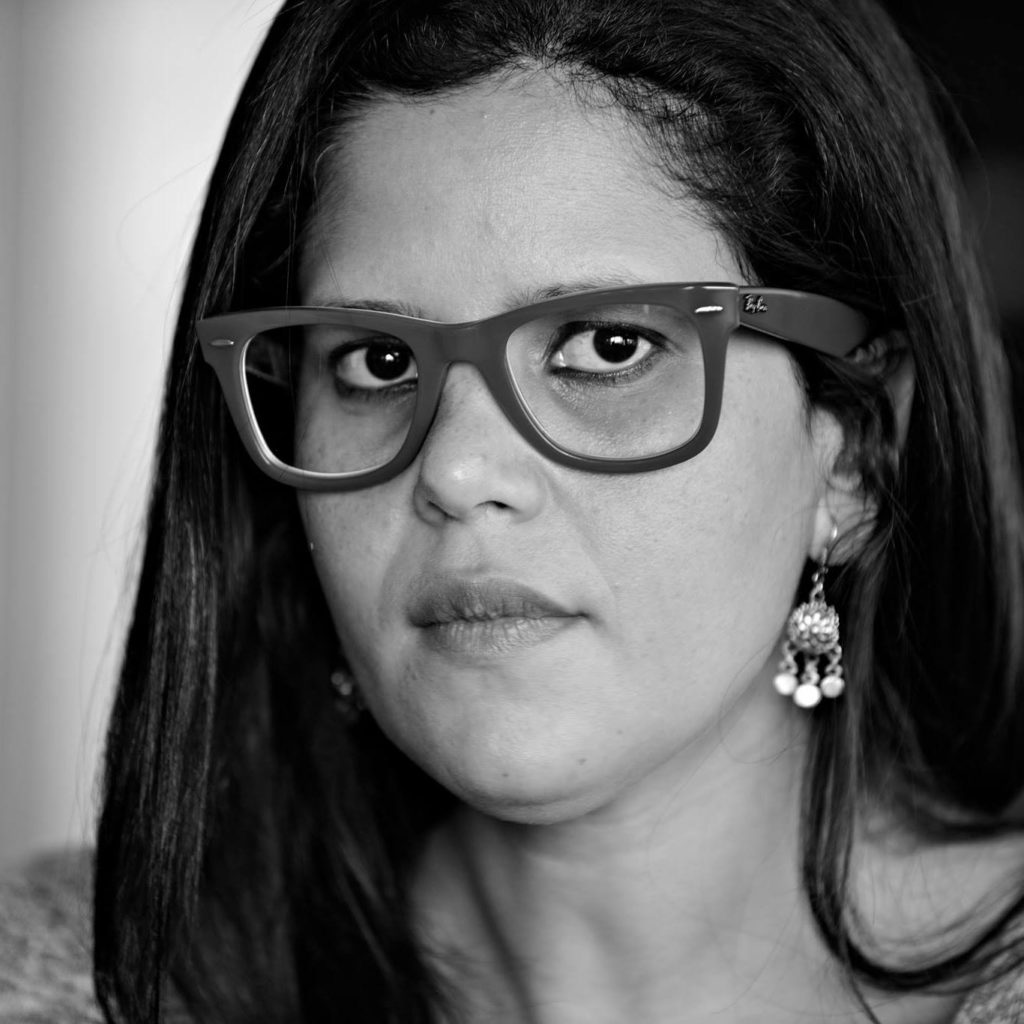
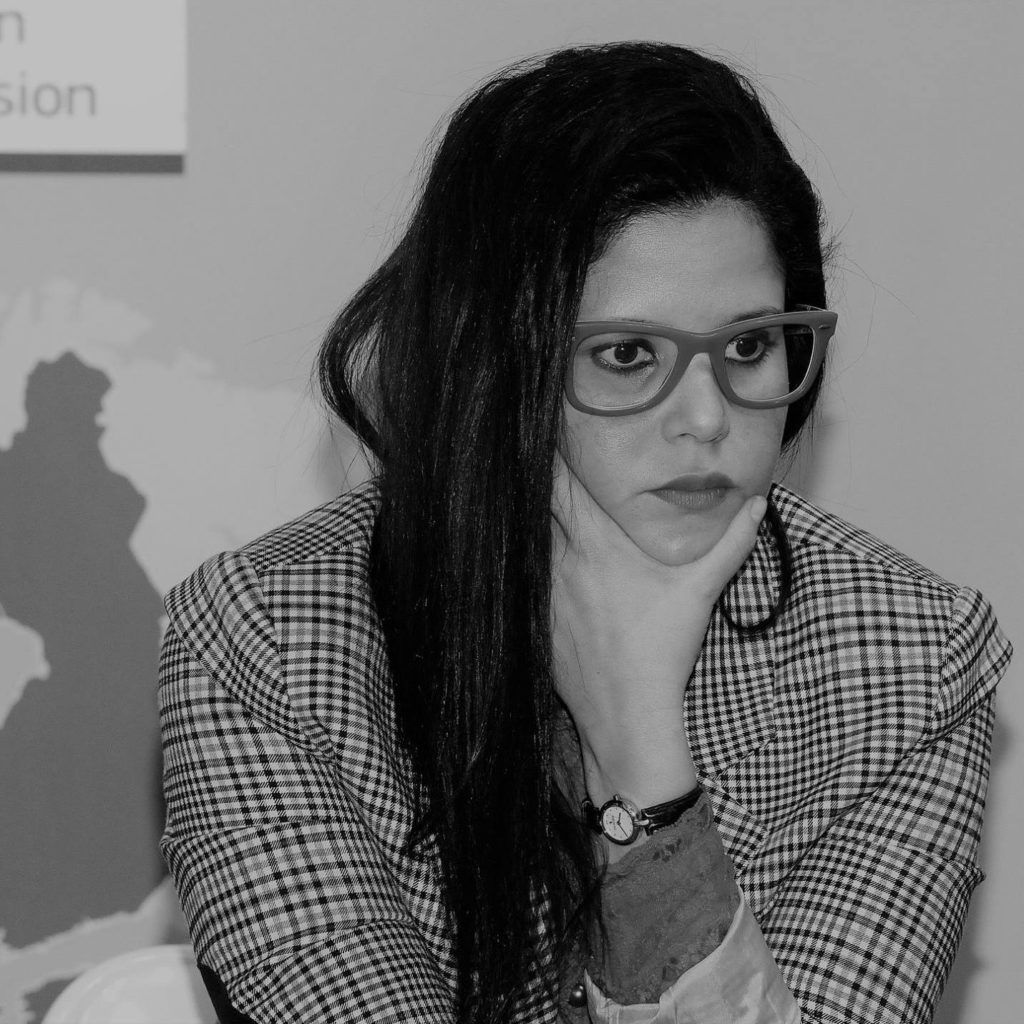
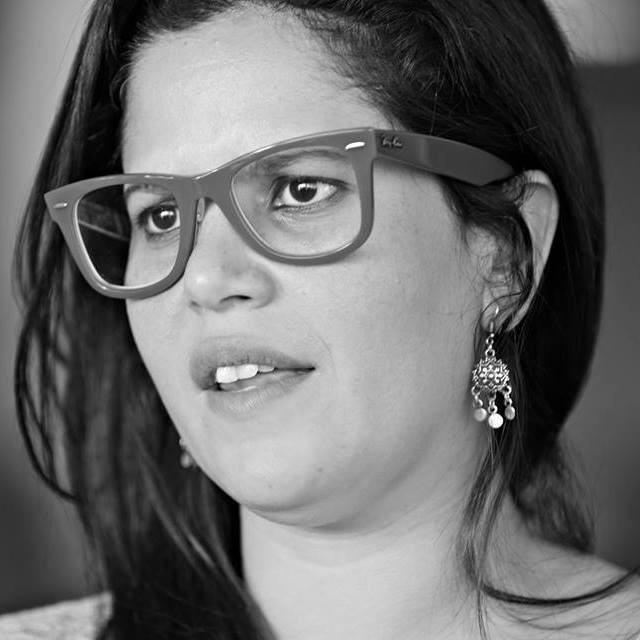
© Hartwig klappert International Literature Festival Odessa 2, Rethinking Europe – Michael Fischer Symposion
In 2013, she wrote and directed a semi-autobiographical play “The Sin of Success” thanks to the support of the Academy of Arts of the World, Cologne. In this play, Meriam Bousselmi brought together five actresses from four Arab countries: Algeria, Morocco, Syria and Egypt to draw up an inventory of the situation of women’s rights and the difficulties related to the exercise of their artistic careers in a patriarchal context.
In 2014, Meriam Bousselmi tackled the discourse of manipulation through the writing and staging of the monodrama “What the dictator did not say” at the Grand Théâtre de la Ville de Luxembourg. A year later, she created a second staging in co-production with the Nomadic Arts Center MOUSSEM and presented the new version at the Festival Off of Avignon, the Bozar in Brussels and the Academy of Arts in Berlin.
In addition, Meriam Bousselmi was the first Arab playwright invited to the Festival of European Contemporary Playwrights 2015 in Denmark. Her monologue “What the dictator did not say” was translated into Danish by the writer-translator Per Aage Brandt on a commission from the director Jacob F. Schokking (Holland House) who staged the text two times. The Danish Premiere of “Det som Dikatatoren ikke sagde” took place in 2016 on one of Copenhagen’s most prestigious stages, the Takkelloftet, and was to critical acclaim.
2016-2017, Meriam Bousselmi was invited to a 12-month artistic residence in Berlin as part of the DAAD Artists-in-Berlin program. She decided then to settle in the German capital. In her new projects, the Tunisian writer and director seeks to place her work in the new dynamic linked to the context of her immigration to Germany. She develops transcultural projects which question the notions of dialogue, translation, transfer of knowledge and experiences between languages and cultures. She wrote and directed “A Look at the World” in 2017, a 50-minute performance in total darkness that explores the sources of hope and resistance. In 2019, she wrote and directed the monologue “HomeWord” which deals with the need for poetry and the power of words by exploring the biography of German poet Hilde Domin. In 2020, she wrote and directed “The Beauty in Between” which questions the limits of translation and the possibilities of communication in what she calls the “jungle of languages”. Because words don’t just tell History, they make it.
In 2021, Meriam Bousselmi is a writer in residence at the Heinrich-Böll Haus in Langenbroich where she is working on a new play: “The Courage Factory”.
References
Hartmann & Stauffacher GmbH, Köln
https://www.hsverlag.com/autoren/detail/a10633
Nordiska International Performing Rights Agency Dänemark
http://nordiska.dk/autorer/meriam-bousselmi/
International Performing Rights Ltd / UK stage
https://iprltd.co.uk/?q=author/bousselmi-meriam
Sud Editions دار الجنوب
https://www.facebook.com/sudedition/photos/a.287642321326733/969495789808046
Internationales literaturfestival Berlin
https://www.literaturfestival.com/autoren/autoren-2016/meriam.bousselmi.ldw
Akademie der Künste Berlin https://www.adk.de/en/programme/index.htm?we_objectID=55832
https://www.adk.de/de/news/index.htm?we_objectID=32104
Berliner Festspiele / Internationales Forum 2013
https://www.berlinerfestspiele.de/de/berliner-festspiele/programm/bfs-kuenstler/bfs_kuenstler_detail_66907.html
Primeurs-Festival
http://www.festivalprimeurs.eu/autorinnen-uebersetzerinnen/stage/meriam-bousselmi
